
IFHP covers certain types of dental services, including:
To help you learn more about our common dental services for refugees, we’ve introduced some of them below.

Free Emergency Dental Care for Refugees
Severe toothache, gum swelling or bleeding, and broken teeth are considered dental emergencies. In case you’re dealing with them, we’re here to help. Our team will determine the problem first, and relieve you from pain or bleeding. Then, they’ll suggest the best treatment plan.
Until You Get Here
Take over-the-counter painkillers to reduce the pain. Also, rinse your mouth with warm salt water to keep the area clean.

When a periodontal abscess happens, one usually experiences severe pain along with an infection. This problem needs to be addressed right away. Here, our team will examine the area, determine the root cause, and fix the problem accordingly.
Until You Get Here
Rinsing your mouth with warm salt water and applying a cold compress on your cheek help reduce the pain and swelling. If you’re experiencing severe pain, take a painkiller.
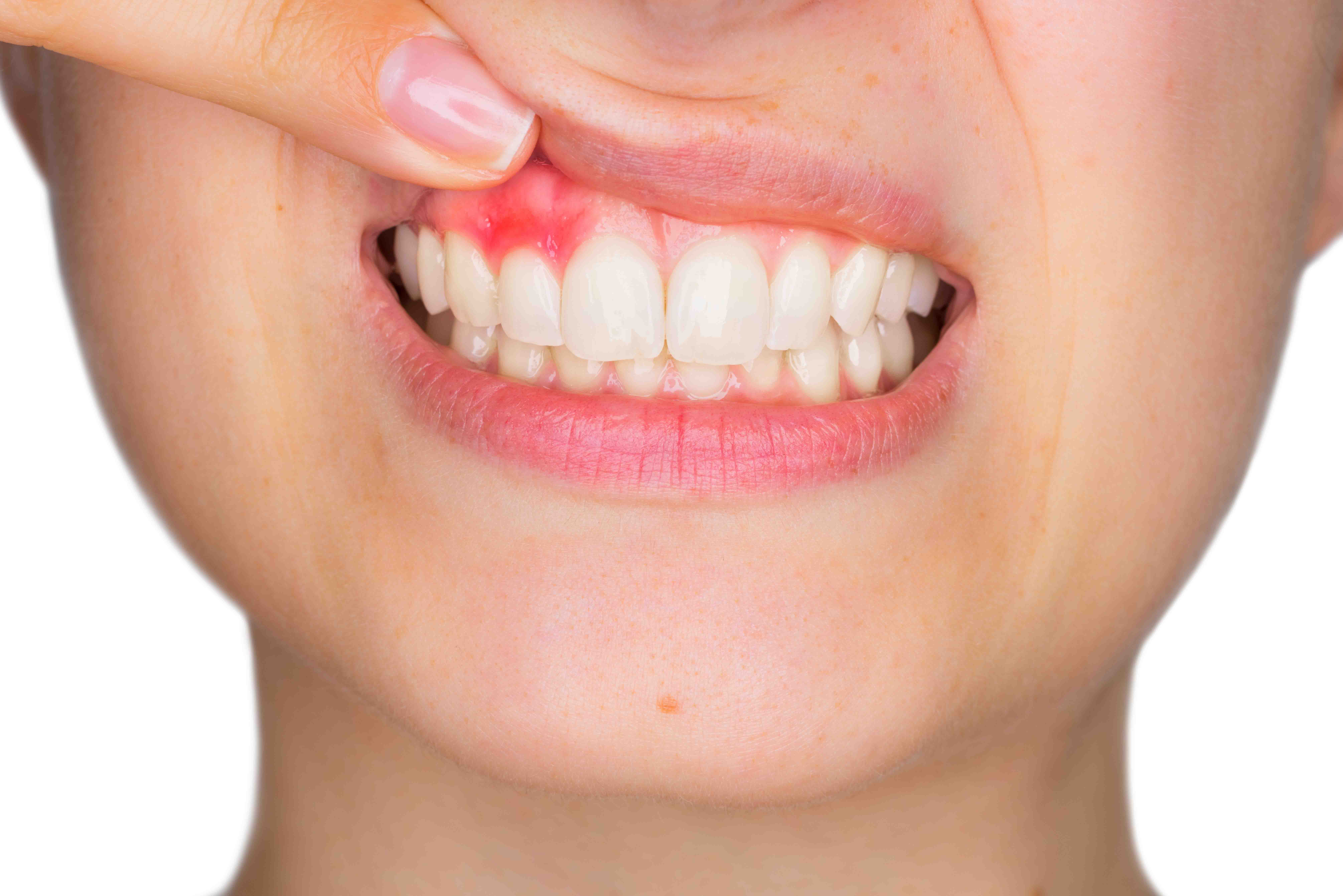
In case your tooth is cracked or broken, it’s essential to visit a dentist immediately. Here, we will examine your oral condition and repair the damaged tooth by using a filling or other proper methods.
Until You Get Here
Do not chew on the side of your mouth where your teeth are broken. Also, rinse your mouth with warm salt water to cleanse the area. If there are sharp edges that may damage your gums or other soft tissues, dental wax helps to cover the area.
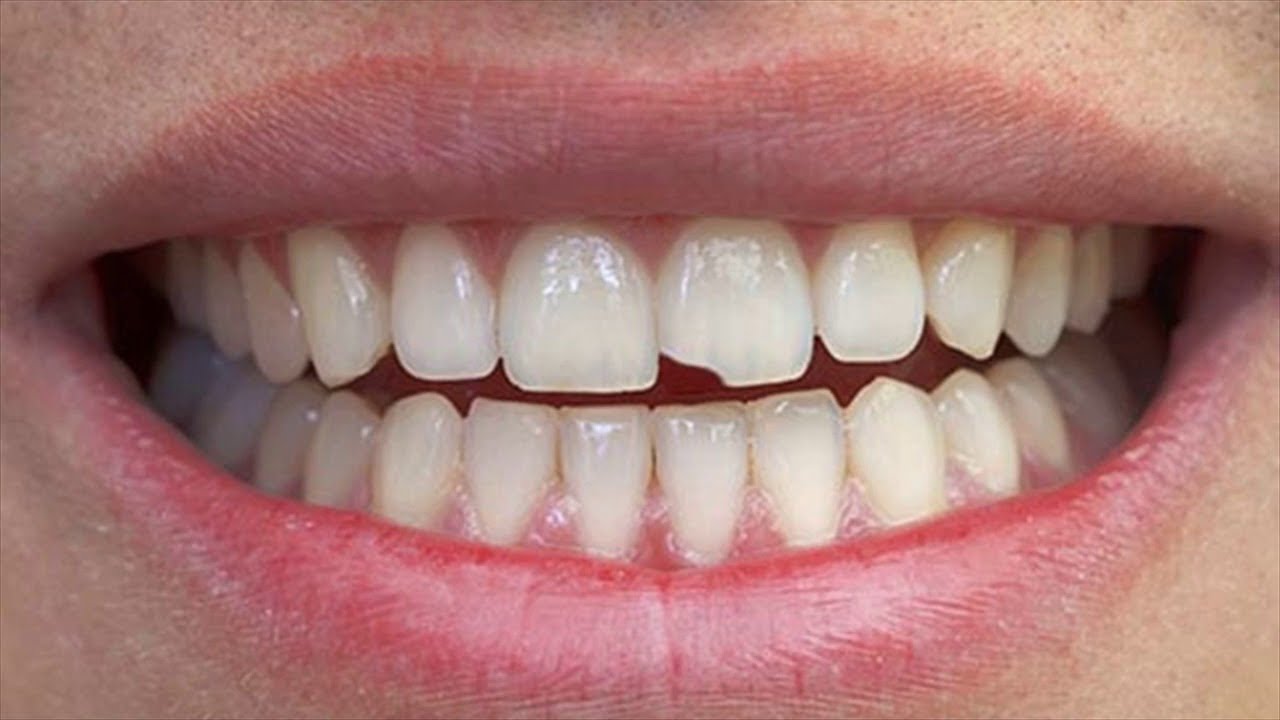
With our free oral examinations, we can detect any hidden problems that may worsen in the future. This is crucial for preventing dental issues. Moreover, if you’re in pain or have noticed a new change or unusual condition, an oral examination will help you figure out the problem.
Until You Get Here
Before your oral examination, it’s essential to clean your teeth by brushing and flossing them.
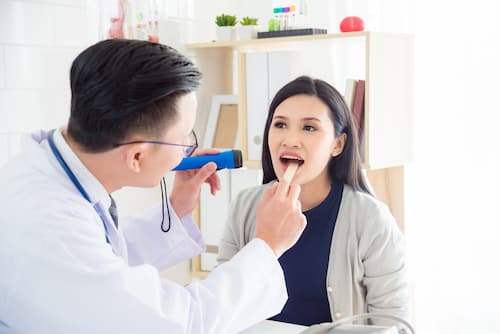
Sometimes a tooth can’t be saved. Therefore, an extraction will be an ideal option to remove the problem and prevent future damage. Our experienced team provides a relaxing environment to make sure you’re comfortable during your extraction session.
Until You Get Here
If you’re in pain, we recommend taking a painkiller and applying a cold compress on the area.
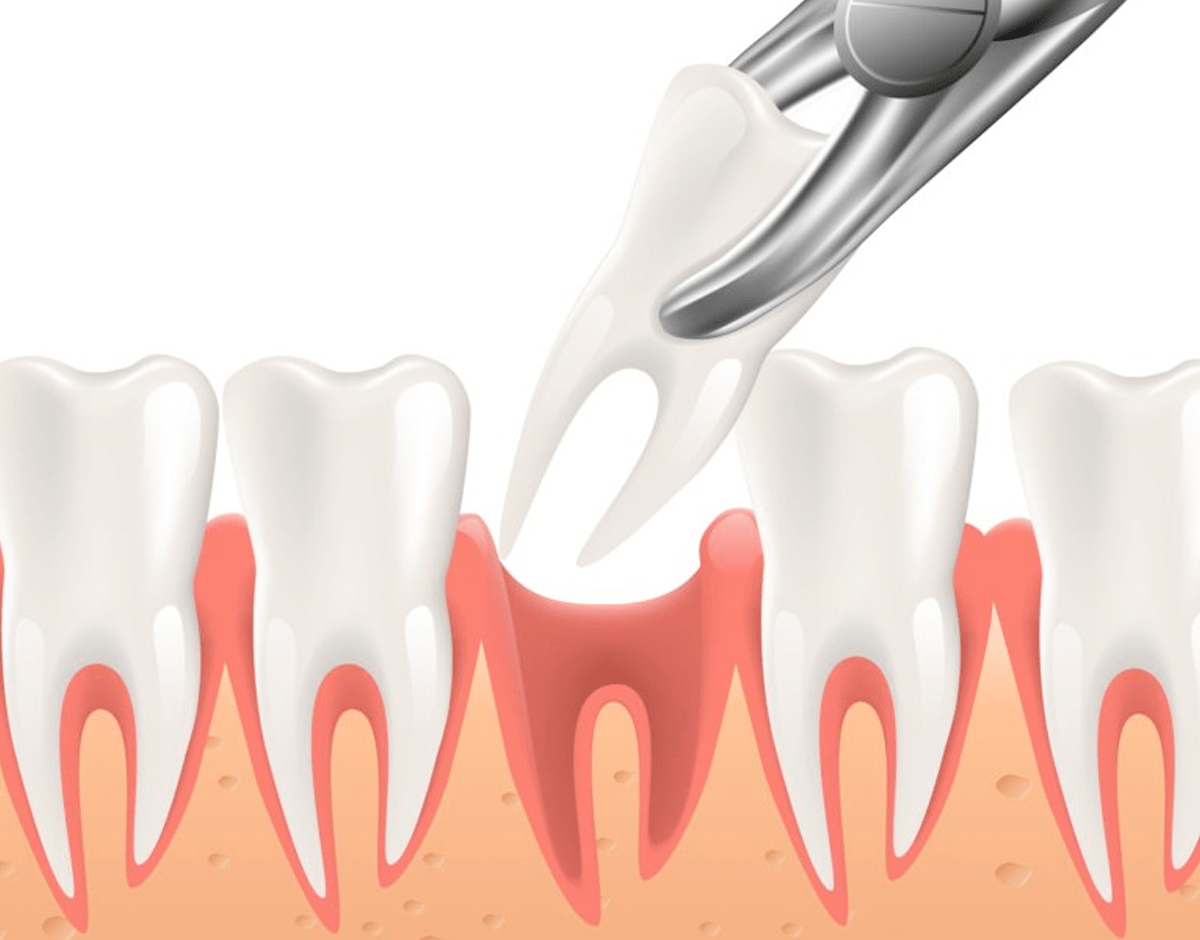
It’s normal for dentures to become loose after a long time. If you visit us here, we’ll reshape your denture and make sure it fits your mouth again. Also, we’ll give you guidance on how to protect your denture properly.
Until You Get Here
To keep your dentures in place until you can see us, you may want to use denture adhesive.
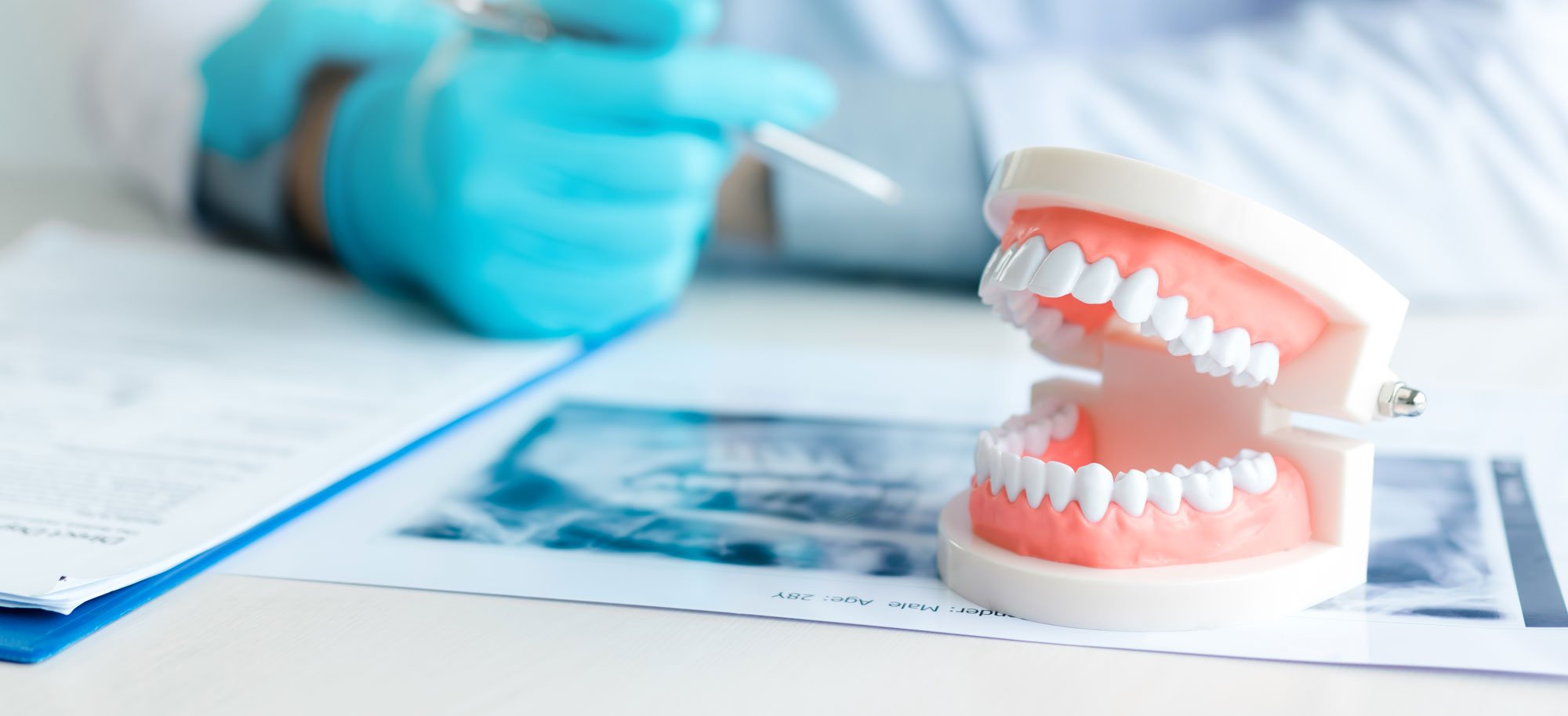
You qualify for dental services covered by IFHP if you’re in one of these situations:


The Contact Number for “Dental Service for Refugees Consultation in Newmarket” at the Leslie North Dental is “(647) 797-8404.”
Location: 17120 Leslie St #6, Newmarket, ON, L3Y 8K7, Canada.
Looking for the best refugee dental clinic? You’re one call away from it!
The Interim Federal Health Program (IFHP) is a health coverage plan provided by the Canadian government for certain groups of people. As a refugee, you don’t qualify for provincial or territorial health insurance. Therefore, you can use this plan and benefit from free health services. The dental coverage for refugees in Canada helps newcomers with some services, as below:

Location: 17120 Leslie St #6, Newmarket, ON, L3Y 8K7, Canada.
With our excellent, free dental care at Leslie North Dental, which is specially designed for refugees, we’re happy to help with your dental problems. Our caring team is here to provide you with top-notch treatment and make sure you feel comfortable. Don’t worry if your dental issue seems complicated; we offer a wide range of dental services to meet your needs.
So, next time you’re thinking “Where to find the best dentist for refugees near me?” remember that you’re only one call away from it! Please feel free to schedule your appointment today and start your journey to a healthier smile.
FAQs
At Leslie North Dental, recognized as a leading dental practice in Newmarket, we are dedicated to providing high-quality dental care.
Get in Touch